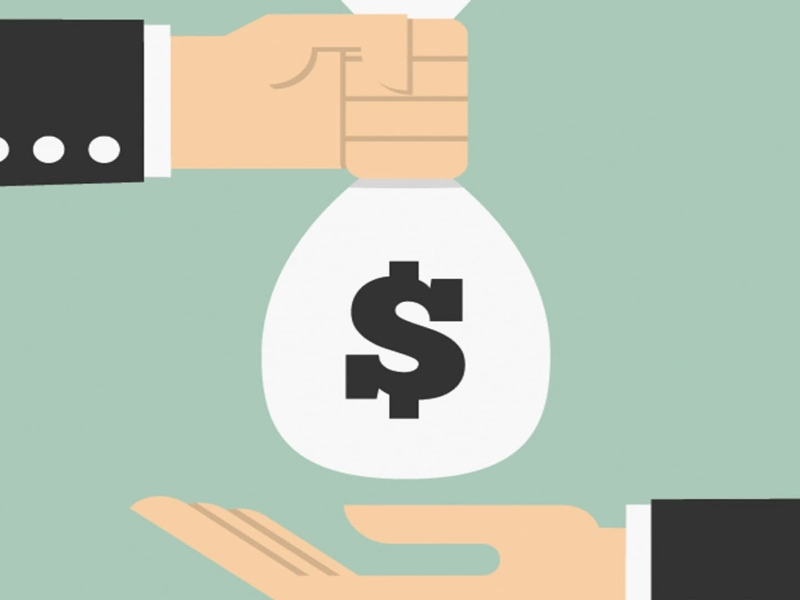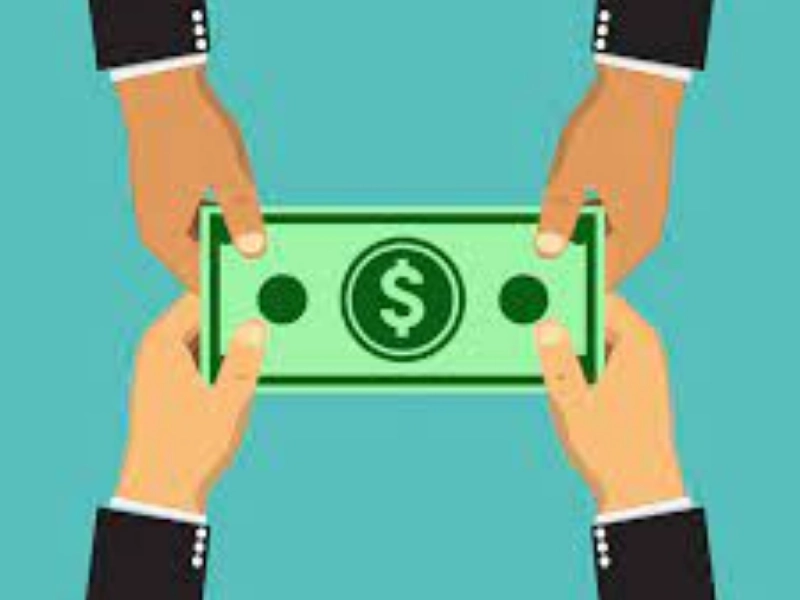A home is more than just a place to live. It is a potent representation of independence, achievement, and financial success. With mortgage rates currently favoring buyers, this could be a good time to think about becoming a homeowner. Throughout your home-buying experience, this book will provide you with an understanding of the complex world of mortgages and enable you to make wise decisions.
 One of the most important financial instruments in the home-buying process is the mortgage. They are a legally binding pledge to pay back debt backed by assets, and they exist in a variety of forms to accommodate different budgets and situations.
Owning a home is a crucial component of the American Dream for many people. It represents the idea that having a house gives one a sense of belonging, tax advantages, and the chance to accumulate riches. It's also seen as a bigger achievement than becoming a parent or earning a college degree.
However, a lot of people still cannot afford to become homeowners because of the high cost of housing and the scarcity of available housing. A mortgage is necessary for most people to become homeowners if they do not have hundreds of thousands of dollars in cash on hand. This in-depth manual seeks to empower you throughout the home-buying process by demystifying the procedure. We will look at the parties—lenders and borrowers—to review the conditions of the loans and investigate the various kinds of mortgages.
One of the most important financial instruments in the home-buying process is the mortgage. They are a legally binding pledge to pay back debt backed by assets, and they exist in a variety of forms to accommodate different budgets and situations.
Owning a home is a crucial component of the American Dream for many people. It represents the idea that having a house gives one a sense of belonging, tax advantages, and the chance to accumulate riches. It's also seen as a bigger achievement than becoming a parent or earning a college degree.
However, a lot of people still cannot afford to become homeowners because of the high cost of housing and the scarcity of available housing. A mortgage is necessary for most people to become homeowners if they do not have hundreds of thousands of dollars in cash on hand. This in-depth manual seeks to empower you throughout the home-buying process by demystifying the procedure. We will look at the parties—lenders and borrowers—to review the conditions of the loans and investigate the various kinds of mortgages.
 Being a homeowner offers a secure environment for raising children and accumulating wealth, making it a fundamental component of the American ideal. In addition, it offers advantages, including the chance to take advantage of property appreciation and tax reductions that assist borrowers in financing a purchase. However, many Americans now find it harder to become homeowners as a result of recent trends. A loan's down payment has become more necessary due to growing housing prices and high interest rates, which have hurt mortgage affordability.
The majority of homebuyers rely on mortgage lending to make their dream a reality because few people have the money to purchase homes altogether. Prospective homeowners can choose the mortgage that best suits their needs in terms of affordability, their aspirations to become homeowners, and the local real estate market by doing a little research. A few important things to think about are:
Being a homeowner offers a secure environment for raising children and accumulating wealth, making it a fundamental component of the American ideal. In addition, it offers advantages, including the chance to take advantage of property appreciation and tax reductions that assist borrowers in financing a purchase. However, many Americans now find it harder to become homeowners as a result of recent trends. A loan's down payment has become more necessary due to growing housing prices and high interest rates, which have hurt mortgage affordability.
The majority of homebuyers rely on mortgage lending to make their dream a reality because few people have the money to purchase homes altogether. Prospective homeowners can choose the mortgage that best suits their needs in terms of affordability, their aspirations to become homeowners, and the local real estate market by doing a little research. A few important things to think about are:
 For many Americans, owning a home has long been a top priority. It can give families a great deal of financial security and support them in realizing their goals, such as supporting their children's college education or expanding a small business.
Nevertheless, it can also be difficult to save enough money for a down payment and locate the ideal house for your requirements. Thankfully, there are steps you can take to increase the accessibility of homeownership, such as obtaining mortgage financing from a local lender.
A down payment is a one-time, lump-sum payment made up of some of the total cost of buying a new house. It may consist of retirement assets, presents from loved ones, cash savings, or earnings from the sale of another property. In general, a higher down payment results in a smaller required loan amount and cheaper mortgage payments. But it's crucial to pick a down payment that fits your budget and your long-term financial objectives.
For many Americans, owning a home has long been a top priority. It can give families a great deal of financial security and support them in realizing their goals, such as supporting their children's college education or expanding a small business.
Nevertheless, it can also be difficult to save enough money for a down payment and locate the ideal house for your requirements. Thankfully, there are steps you can take to increase the accessibility of homeownership, such as obtaining mortgage financing from a local lender.
A down payment is a one-time, lump-sum payment made up of some of the total cost of buying a new house. It may consist of retirement assets, presents from loved ones, cash savings, or earnings from the sale of another property. In general, a higher down payment results in a smaller required loan amount and cheaper mortgage payments. But it's crucial to pick a down payment that fits your budget and your long-term financial objectives.
 Being a homeowner is widely seen as a fundamental aspect of the American ideal, providing both financial security and the chance to customize one's living environment. But first-time homeowners need to be mindful of unforeseen expenses that could shock them and have an impact on their financial stability.
In addition to their mortgage payment, newly purchased property owners also have to pay utility bills, maintenance costs, property taxes, and insurance, as well as possible emergency repairs. These costs compound up and may surpass the original principal amount of the mortgage; in expensive areas like San Francisco and New York, they may be even more costly.
Consumers can more effectively budget for homeownership and prevent unforeseen expenses that could jeopardize their financial stability by being aware of these additional costs in advance. See more information about these hidden expenses of home ownership here.
Being a homeowner is widely seen as a fundamental aspect of the American ideal, providing both financial security and the chance to customize one's living environment. But first-time homeowners need to be mindful of unforeseen expenses that could shock them and have an impact on their financial stability.
In addition to their mortgage payment, newly purchased property owners also have to pay utility bills, maintenance costs, property taxes, and insurance, as well as possible emergency repairs. These costs compound up and may surpass the original principal amount of the mortgage; in expensive areas like San Francisco and New York, they may be even more costly.
Consumers can more effectively budget for homeownership and prevent unforeseen expenses that could jeopardize their financial stability by being aware of these additional costs in advance. See more information about these hidden expenses of home ownership here.